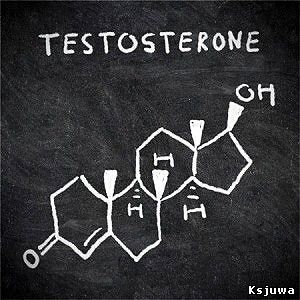Testosterone interferes with feeling emotions
Strong social ties are formed between "genetic like-minded people". People with similar genotypes "find" each other independently and under the influence of "artificial selection": in circles on interests, sports sections and educational institutions. To form a strong friendship or just a good relationship, we need not only the same kind of brains and common interests - it is necessary to "feel" the mood and emotions of one's interlocutor; predict its behavior on signals submitted at a subconscious level. Such abilities (empathy) play almost the primary role in family relations and at work.

It is known that women more accurately guess the mood of the interlocutor and "smooth out sharp corners." Moreover, this ability in women is innate, not amenable to "training". Jack van Honk of the University of Utrecht (Utrecht University) and his colleagues note that women's empathy also manifests itself in psychological tests: men with tasks for empathy and guessing emotions are much worse.
The scientists believe that the expressed sexual dimorphism of empathy (in women it is higher) is the result of the presence of male hormones. In particular, testosterone, which "reshapes" the brain at the stage of embryonic development. It is confirmed that the emotional characteristics and behavior of adolescents depends in part on what "portion" of testosterone was given to the child during the twelfth to nineteenth week of intrauterine development. Testosterone has an effect on a person's ability to "understand and feel" the surrounding world and other people.